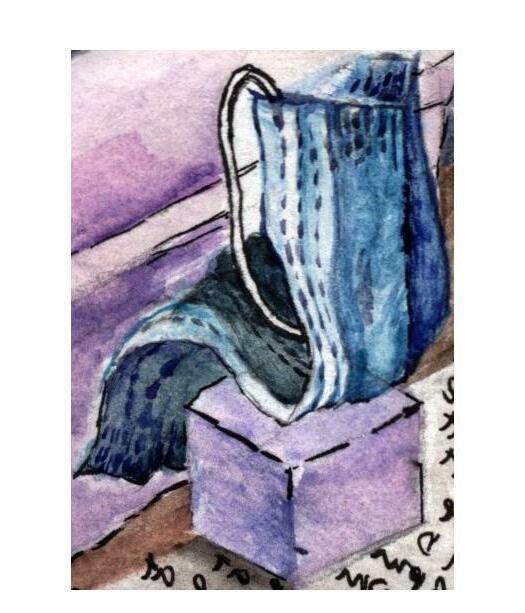
3 minute read
IN CONSTANT MOTION
they would continue with the EP/F policy that helps support the experiences of neurodivergent students.
Tufts’ refusal to reinstate EP/F is also disheartening, considering that several other universities have continued implementing COVID-19 academic accommodations to various degrees. For example, San Diego State University has decided to allow students to take courses for Credit or No Credit by the last day of classes, and courses passed with credit may be counted for certain majors. At Washington University in St. Louis, students are able to apply credit/no credit courses to their distribution requirements and to their degree, regardless of the status of the pandemic. Brown University, a peer institution of Tufts, has a similar policy. If these universities are able to make such accommodations during all semesters, regardless of the pandemic, why can’t Tufts accommodate students for another COVID semester?
Advertisement
In all of the cases provided, the universities made changes and instituted policies to best support student learning during the pandemic. Tufts, in comparison, has not made progress towards providing any academic accommodations for COVID-19 for Spring 2022, despite offering multiple virtual courses and having 305 positivetests in the seven days prior to the writing of this article, the highest number of cases in a seven-day period at Tufts since the start of the pandemic.
While administrators may cite the potential impacts of EP/F grading on a students’ transcript, impacting graduate school admissions, we must understand that admissions’ standards during the pandemic are ever-evolving. Not every student’s path after university is graduate school. If Tufts fears a loss of academic prestige because of this policy, it should worry first about not having the proper resources to offer its current and future students, who have not experienced a normal year since 2020, in the event of another COVID spike. During a time so chaotic, Tufts should prioritize students’ mental and physical health in the moment, rather than focus on outsiders’ perceptions of the academic quality of a Tufts student.
As representatives of the student body, we want to see the administration listen to the student demands and interests that were clearly outlined in the TCU Senate survey to make Tufts a better and more equitable learning environment during another semester impacted by COVID-19. We are still unsure about how long the pandemic will last, and it should not solely be the job of student government and student activism to get Tufts to produce equitable policies. Students cannot fight for the same policies over and over again; it should be clear that they are still necessary. Students should not be the sole champions for equity in an institution that has pledged its determination for progressive change.


motioninconstantmotioninconstant
By Spencer Vernier
next to bedside tables, where we set these pieces of ourselves casting our lives away, in submission to white linens but more to calloused hands or sore legs more to thumbs running the eternal patterns in your face more to you attempting to find divinity in mine more to skin smooth like the gemstones i told you about more to bodies engulfed in the blaze of nudity and more to what intricate floods we let enter our hearts the daze of white-tipped waters overflowing, immense yet soft as they rush through the body like the tea you made me, as we sat there steam rising in the fullness of collective presence or like the flickers of life that played in your eyes as you took my hand that final december morning the silhouettes of your memory, taking shape where they first rose crawling onto a mattress, reaching out for you, enclosed in the left side of my chest, always blooming, always drawing me into you, your glow imprinted, not too far, soon, coming closer











